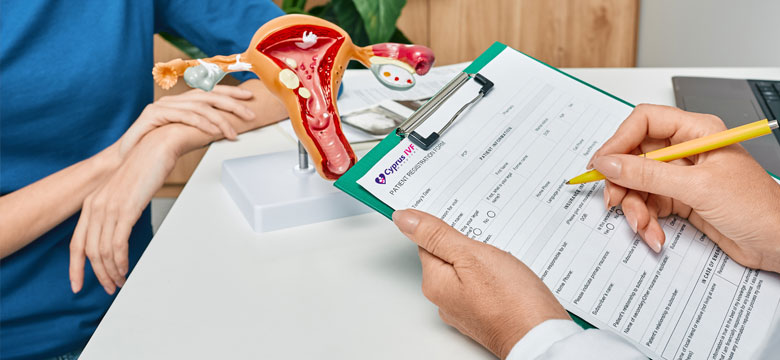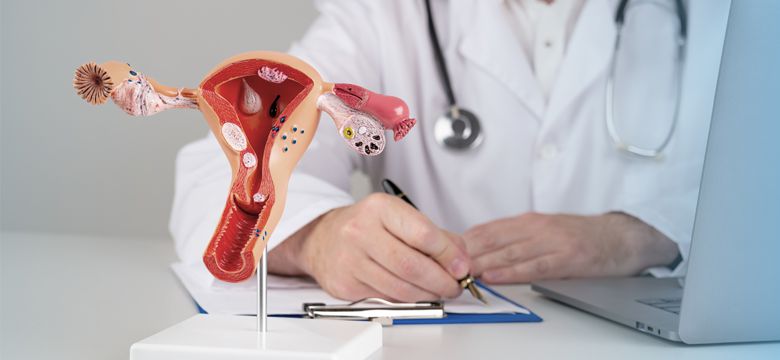In the process of conception, the quality of the egg is crucial. “Good egg quality” is linked to better embryo quality, greater rates of fertilization, and a better likelihood of successful implantation. There are several factors that affect egg quality including age, genetic factors, environmental factors (stress, smoking, etc.), lifestyle, nutrition, and supplements. While preparing for the egg retrieval process nutrition plays a crucial role in supporting overall reproductive health and the egg quality.
Enhancing Egg Quality through Diet
According to the research done, eating habits largely affect your egg quality and therefore the success rate for fertilization. Consuming protein, carbs, fats, vitamins, and minerals in a balanced way is the key. The consumption of vitamins and minerals is critical to protect the cell against toxins through antioxidants. Eat the rainbow, a wide range of fruits and vegetables, such as peppers, berries, beetroots, carrots, and sweet potatoes to optimize your nutrient and antioxidant intake. Eat proteins, such as eggs, lean, meat, nuts, and seeds to rebuild and repair the body. Eat carbs and fats such as sweet potato, brown rice, quinoa, oats, asparagus, spinach, chia seeds, olive oil, and avocado to provide fiber, regulate hormones and provide energy. While there are no certain medications that can increase egg reserve, there are supportive treatments (such as taking supplements) aimed at enhancing egg quality and delaying cellular aging.
It is also important to note that there is no absolute guarantee that taking supplements will increase a woman’s egg quality since it is also influenced by various factors such as genetics and age. However, some supplements may help support reproductive health in general.
Here are some supplements that have been associated with supporting reproductive health:
Coenzyme Q10 (CoQ10): CoQ10 is an antioxidant that may help improve the quality of eggs and overall fertility. It can also help protect the eggs from oxidative damage.
DHEA (Dehydroepiandrosterone): DHEA is a hormone produced in the adrenal glands of the human body. Some women with diminished ovarian reserve or poor egg quality may consider DHEA supplementation to help increase their egg quality and slow decrease in ovarian reserve.
Folic Acid (Folate): Folic acid is important for healthy cell division and may help reduce the risk of certain birth defects. It is often recommended for women who are trying to conceive and during early pregnancy.
Inositol: Inositol, particularly Myo-inositol is a compound that has been studied for its potential benefits in improving egg quality and ovarian function. This compound also has a potential to increase the chances of pregnancy, particularly in women with polycystic ovary syndrome (PCOS).
Vitamin D: Adequate vitamin D levels are important for reproductive health. It helps regulate the menstrual cycle and may improve the chances of conception.
Vitamin E: Vitamin E is an antioxidant that may help protect cells, including eggs, from oxidative damage. Adequate levels of antioxidants are essential for reproductive health. In order to avoid consuming excess amounts, it should be used as in prescribed dosage.
Resveratrol: Resveratrol is a compound found in red grapes and certain other plants. It has antioxidant properties and may have some positive effects on reproductive health.
NAC (N-acetyl cysteine): NAC is an antioxidant that can help replenish glutathione, a critical antioxidant in the body. It may have benefits for reproductive health.
Selenium: Selenium is a trace element that plays a role in antioxidant defense. Adequate selenium levels are important for reproductive health, and a deficiency may negatively impact fertility. However, excessive selenium intake can be harmful, so it’s important to maintain a balance.
Zinc: Zinc is crucial for overall health, and it plays a role in DNA synthesis and cell division, which are essential for reproductive health. However, excessive zinc intake can have adverse effects, so it is important not to exceed recommended doses.
Omega 3: Omega-3 fatty acids, found in fish oil supplements, may help regulate hormones and promote healthy ovarian function.
Remember that the effectiveness of these supplements can vary from person to person, and their impact on egg quality may not be significant. Along with supplementary intake, focus on maintaining a healthy lifestyle, including a balanced diet, regular exercise, stress management, and avoiding smoking and excessive alcohol consumption, as these factors can significantly impact fertility and reproductive health.





